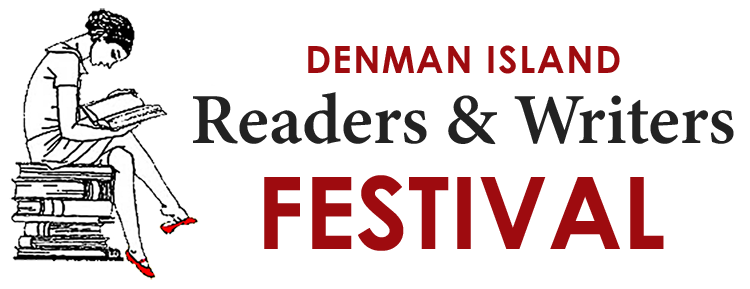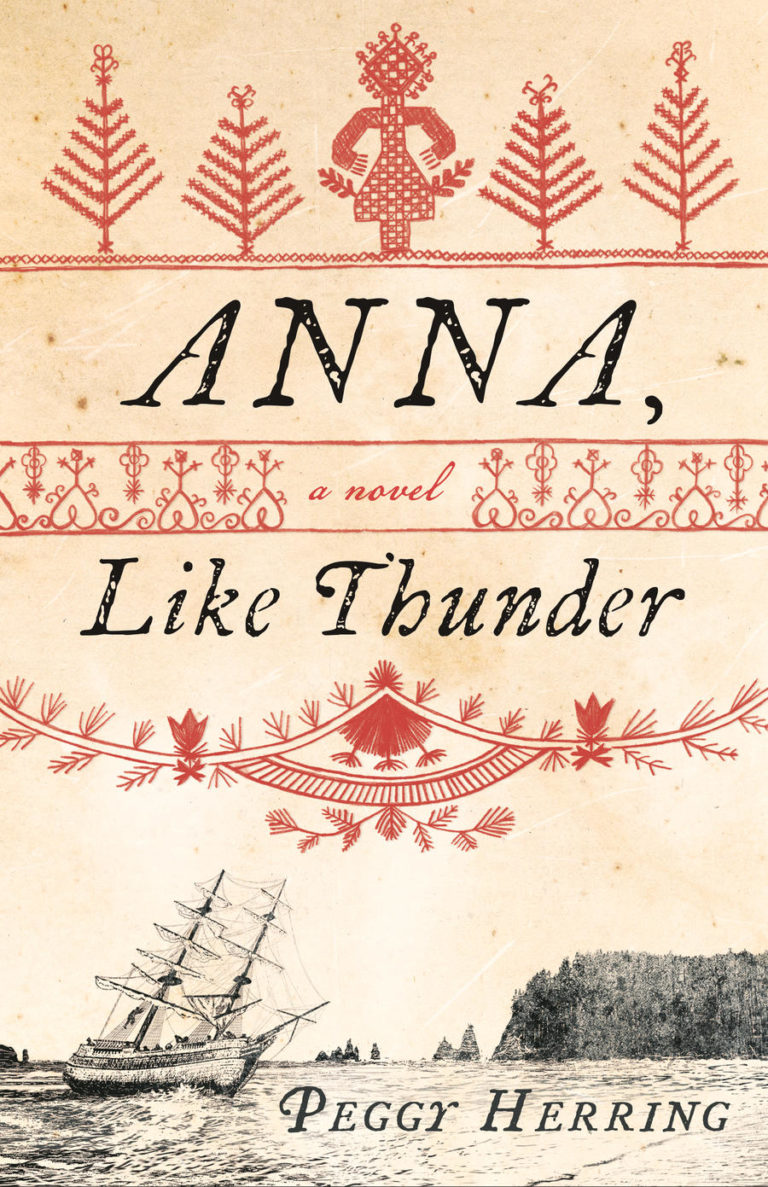Peggy Herring | Anna, Like Thunder
Reviewed by: Stewart GoodingsBiography Brief: Peggy Herring is the author of novels, short stories and essays that are published in magazines and literary journals. She has worked as an editor, a communications consultant, and as a producer and journalist for CBC Radio. Her latest novel Anna, Like Thunder is based on historical facts of a young Russian woman who came to live among Indigenous people of the Pacific northwest coast in 1808.
When I find myself totally absorbed by a good novel, I often imagine myself as the main character, wondering how I would react to the challenges depicted by the author. This happened to me when reading Peggy Herring’s historical novel Anna, Like Thunder. Since the main protagonist is an 18-year-old Russian woman, the wife of the captain of a sailing brig trading down the Oregon coast in the early 1802s, it was a bit of a stretch for me to see myself as Anna Petrovna Bulygina.
Yet the power and beauty of Herring’s prose, the extraordinary situations Anna finds herself in, and the sheer adventure of the narrative compelled me to identify with Anna in 1809 – shipwrecked, meeting Indigenous people for the first time, discovering things about herself, changing her mind about long held beliefs, and struggling to stay alive and cope with a very different life from that of a noblewoman in St. Petersburg.
The story is based on the truth: there was a Russian vessel, the St. Nikolai which ran aground off Washington State in 1808. The sailors then encountered three different Indigenous tribes. Some were hostile, some friendly – all were impacted powerfully by their interaction with the Russian sailors. And vice versa. Accounts by both a Russian survivor and an American Indigenous ancestor were the inspiration for Herring’s novel, and the research she did, and the care she took in working with contemporary Indigenous organizations gives the narrative real strength. Her descriptions of the scenery and environment are breathtaking, as is the way she shows how her character Anna gradually comes to see the Indigenous people with whom she must live as fellow human beings and friends, not her ‘captors’.
Read this book and you too will be entranced by the writing, the story, and the discovery of an imagined world from 200 years ago. I am confident Peggy Herring’s description of how she came to write this book, and her readings from it, will be one of the highlights of this July’s festival.
Please fill out the form below to receive news from us.


